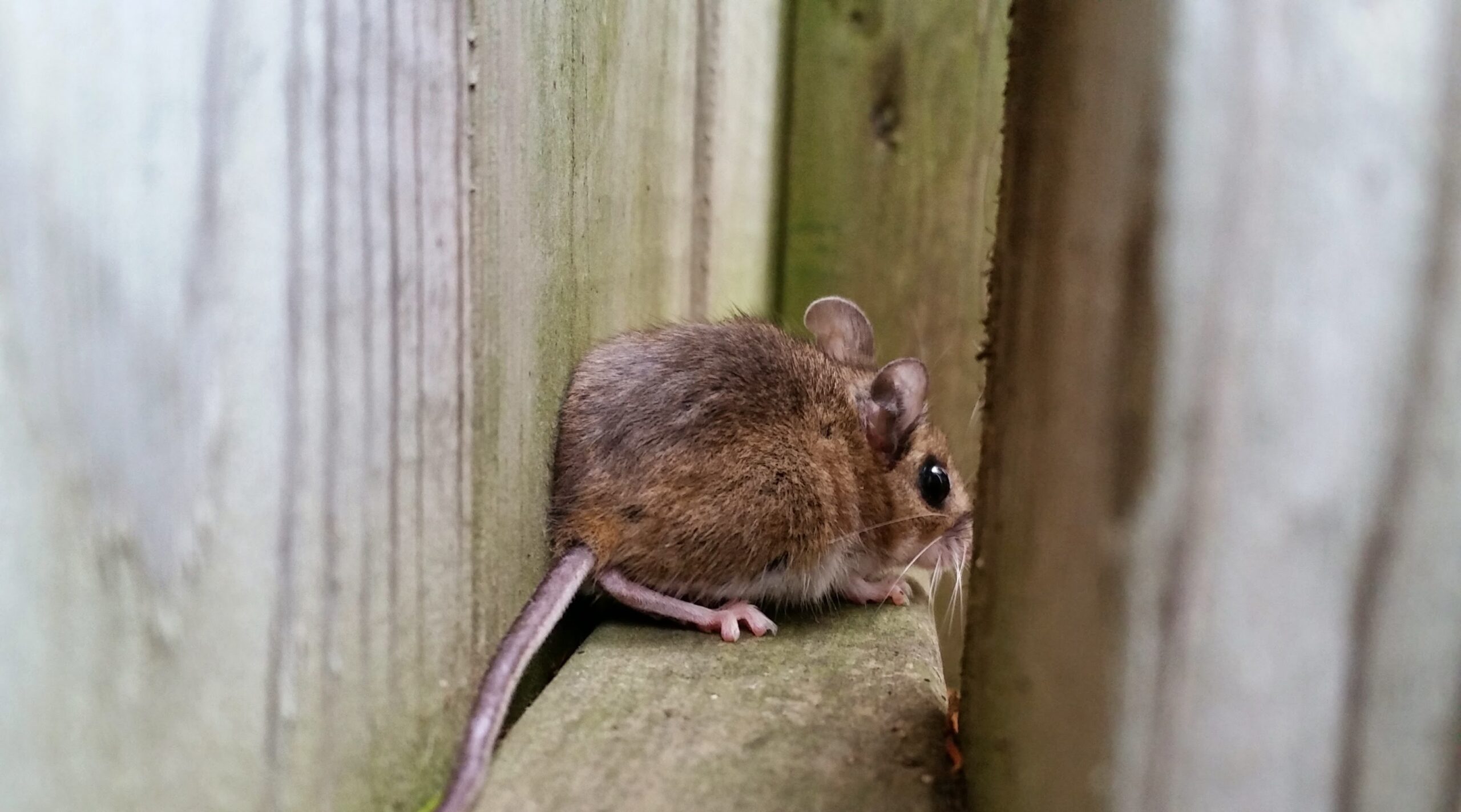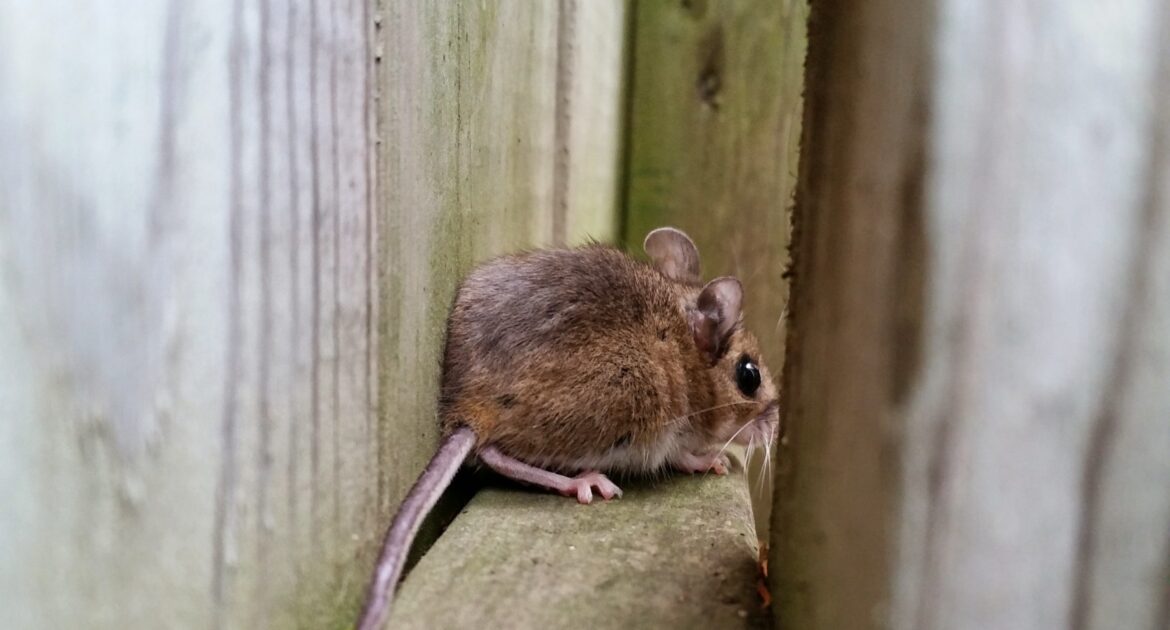If you’ve recently discovered mouse droppings in your home, you might be wondering just how dangerous they are. The truth is that mouse droppings can lead to serious health risks—not just for you, but for your entire family. These tiny pellets may seem harmless at first glance, but Hantavirus dangers from mouse droppings can be a significant problem. Understanding the risks they bring is crucial to keeping your home safe and healthy.
When mice invade, their droppings can pile up fast, often in hidden corners of your home. This can create an unsafe environment where diseases can spread. From respiratory illnesses to severe infections, the health risks associated with mouse droppings are no joke. Learn about the specific dangers mouse droppings pose, why professional wildlife removal in Sandy Springs is essential, and how Skedaddle Humane Wildlife Control can help.
What Diseases Can Mouse Droppings Transmit?
Mouse droppings are not just messy or unpleasant; they’re dangerous. One of the biggest threats is hantavirus, a disease spread through contact with droppings, urine, or saliva of infected mice. Dangerous particles contaminated with hantavirus can become airborne when droppings are disturbed, such as during cleaning or sweeping. Breathing in these particles can lead to serious illness.
Here are 4 common diseases spread by mouse droppings:
-
Hantavirus
Hantavirus is one of the most serious diseases linked to mouse droppings. It often starts with symptoms like fever, fatigue, and muscle aches, but it can quickly progress to severe respiratory problems. The disease moves fast, making it critical to avoid any exposure to contaminated droppings, urine, or saliva. Even inhaling dust particles from disturbed droppings can put you at risk.
-
Salmonella
Salmonella is another dangerous illness that can be transmitted through mouse droppings. When food or kitchen surfaces come into contact with contaminated droppings, the bacteria can spread to humans. If infected, you may experience symptoms like stomach cramps, diarrhea, and vomiting, which can be both uncomfortable and disruptive.
-
Leptospirosis
Leptospirosis is a disease that spreads through direct contact with mouse droppings or urine. This illness can become severe if left untreated, potentially causing damage to your kidneys or liver. It’s a serious health risk that highlights the importance of addressing rodent problems quickly and thoroughly.
-
Lymphocytic Choriomeningitis Virus (LCMV)
Lymphocytic Choriomeningitis Virus (LCMV) is another concern tied to mouse droppings. Exposure to feces can trigger flu-like symptoms, such as fever and fatigue. For individuals with compromised immune systems, the effects of LCMV can escalate, leading to more severe complications.
These diseases can linger in your home, even after the droppings are removed. Invisible particles and bacteria can spread to furniture, food, and other surfaces. That’s why addressing rodent feces health risks in households quickly is critical.
Hidden Breathing Hazards
Sometimes, the harm caused by mouse droppings isn’t immediately obvious. When the droppings decay, they can break into tiny particles that stay in the air. Breathing in these particles is especially risky for people with asthma, allergies, or weakened immune systems. Even healthy people can develop serious problems from inhaling these particles.
Hantavirus dangers from mouse droppings are especially concerning because symptoms don’t always appear right away. Many people don’t realize they’ve been exposed until they develop severe respiratory symptoms. Early recognition and swift action can prevent these problems from worsening.
How do you protect yourself from airborne risks?
- Avoid sweeping or vacuuming mouse droppings directly. This stirs up harmful particles.
- Use professionals to safely clean areas where droppings are found.
- Wear proper protective gear when going into spaces like attics or basements where mice may have been active.
Long-term Problems Caused by Mouse Droppings
Ignoring mouse droppings can create lasting issues for your home and health. It’s not only about the immediate risk of disease. Damage to your home, unpleasant odors, and ongoing contamination are all concerns as well. Potential long-term issues include:
- Structural Damage: Mice often nest in walls, insulation, or furniture. Over time, droppings and urine can weaken these materials, leading to costly repairs.
- Unpleasant Odors: The odor from droppings grows stronger, affecting the air quality in your home.
- Persistent Bacteria: Even long after the mice are gone, bacteria from the droppings can linger until every surface is properly sanitized.
The longer mouse droppings stay in your home, the higher the likelihood of secondary consequences, like attracting insects or causing permanent contamination.
Why You Should Never Handle This Alone
Think you can fix the problem yourself? These pests are sneaky and resourceful, often hiding in small spaces or behind walls where DIY methods can’t reach. Because mice reproduce rapidly, missing even one can lead to an ongoing infestation. This increases your family’s exposure to the dangers we’ve already covered.
If you live in Sandy Springs, wildlife removal experts like the team at Skedaddle Humane Wildlife Control can safely and effectively resolve the problem. Why hire professionals?
- Thorough Inspection: They’ll find hidden droppings, nesting sites, and trails that are easy for homeowners to miss.
- One-Way Doors: Skedaddle uses special doors that allow mice to leave your home but prevent them from re-entering. This humane solution is permanent and safe.
- Prevention Advice: Once the mice are gone, experts seal potential entry points and educate you about ways to prevent future infestations.
DIY attempts often don’t fully solve the issue, leaving your household at risk. Trusting our professional team ensures the problem is resolved both quickly and effectively.
Tips to Prevent Mice from Returning
After dealing with a mouse problem, prevention is key to keeping your home safe. Mice are persistent, so a few small adjustments to your home can make it much less inviting to them. Here are a few proactive steps to keep mice out.
- Seal Cracks and Gaps: Inspect your home for small openings around doors, pipes, or windows. Mice can squeeze through holes as small as a dime!
- Store Food Properly: Keep all food, including pet food, in secure, airtight containers.
- Clear Clutter: Basements, attics, and garages with stored boxes or piles of items are great nesting spots for mice.
- Secure Trash Cans: Make sure your trash is tightly closed to avoid attracting animals.
- Fix Moisture Issues: Mice need water to survive, so leaking pipes or wet areas are a draw.
While prevention helps, there’s no substitute for professional assistance in handling an infestation.
Say Goodbye to Mice With Skedaddle Humane Wildlife Control
Hantavirus dangers from mouse droppings are a serious health concern, and dealing with mice requires the right approach. For wildlife removal in Sandy Springs, Skedaddle Humane Wildlife Control provides safe, professional solutions. Using innovative one-way doors, they ensure mice leave your home and can’t come back. Their services don’t just get rid of mice but also prevent them from causing problems in the future.
Don’t take risks with your health. Request an estimate from Skedaddle Humane Wildlife Control today and create a safer, healthier home in Sandy Springs.




